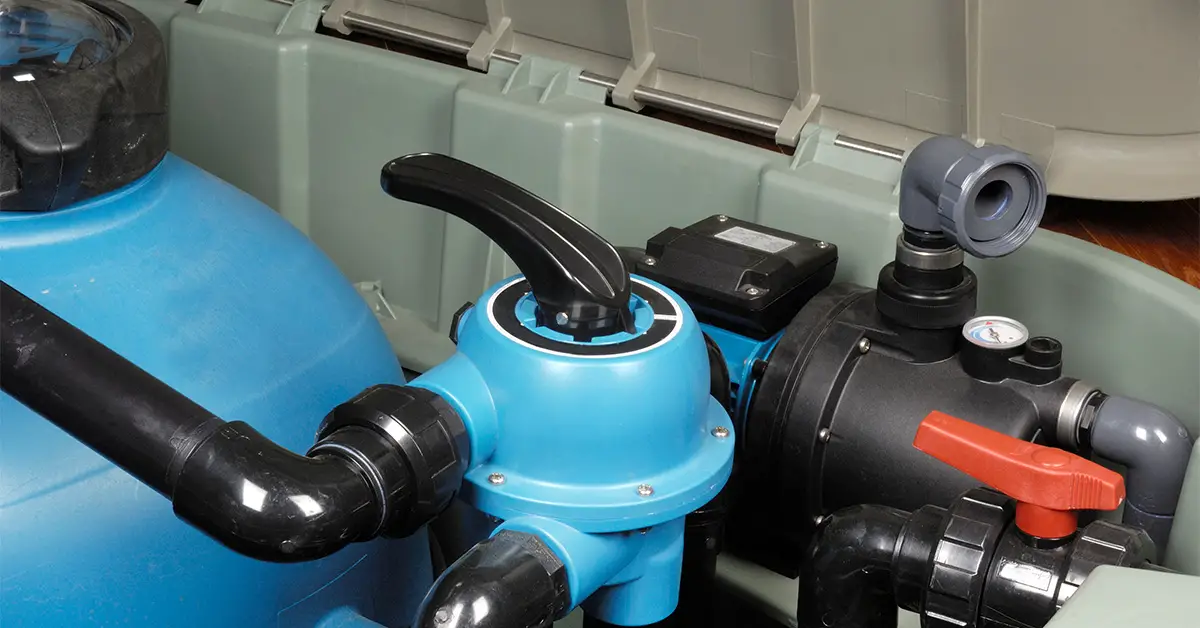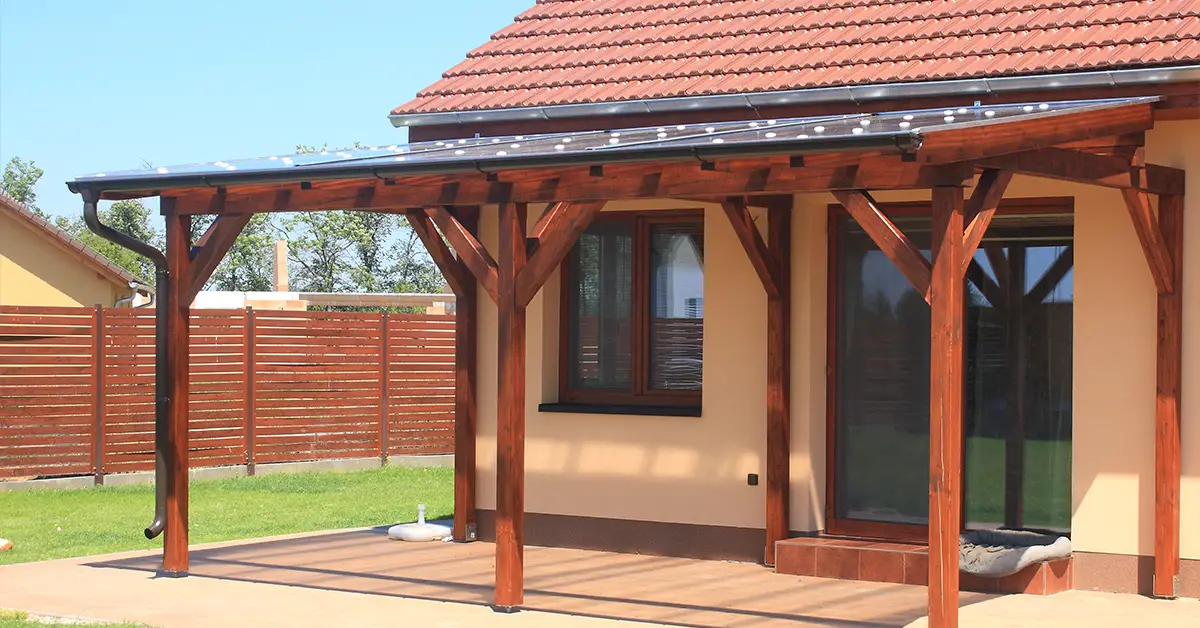Potting soil blends various components and ingredients that container plants need to grow healthy. However, the soil mix comes in different types and textures.
A multi-purpose or all-purpose potting mix may not be ideal in every growing situation. You may have to choose potting mix formulated with specific soil properties that your plants need to thrive.
That brings us to the question — Can you use flower potting soil for vegetables? Yes, you can grow healthy vegetables using potting soil for flowers, although you’re likely to get the best result with vegetable potting soil.
Table of Contents
The Ideal Potting Soil Properties for Vegetables
What makes a good potting mix for vegetables? The soil composition varies from manufacturer to manufacturer. Here are factors to consider when purchasing potting soil.
1. Drainage
Vegetables thrive in light and airy soil. Potting soil should be fluffy while providing stable anchorage for the roots so that the plants don’t fall over when the wind strikes.
If the roots get exposed to waterlogged soil, the plants may experience nutritional deficiencies or develop diseases.
Root systems require plenty of oxygen supply, and oversaturated soil would leave your vegetables deprived of sufficient oxygen. The veggies will be at risk of wilting and rotting.
2. Ingredients for improving soil aeration
The best possible potting soil would be the one with ingredients like perlite and vermiculite. These ingredients help reduce soil compaction.
You should also pay attention to other materials that help preserve moisture, such as sphagnum peat moss, coconut coir, and moisture-retaining crystals.
3. Organic and non-organic material
Manufacturers of potting soil for vegetables can have organic or both organic and non-organic mixes in their formulation.
Nutrient-rich organic materials like compost, manure, worm castings, bat guano, and seaweed provide your veggies with nutrients as they decompose.
Decomposition of these materials could take place over several seasons. Therefore, they will keep your soil fertilized and maintain correct pH levels for an extended period.
When it comes to non-organic potting soil for vegetables, the formulation includes slow-release fertilizers to feed plants, typically for a season. Of course, the manufacturer will indicate on the package how long the nutrients in the potting soil will last.
Can You Reuse Flower Potting Soil for Vegetables?
Many experts agree that you can reuse potting soil from the previous season, but they emphasize that fresh soil almost always performs better. The rule of thumb is to have an entirely new potting mix if you’re switching from flowers to edibles and vice versa.
Needless to say, when you grow vegetables in containers, you are restricting the plants to the nutrients in the potting soil. There’s a chance that previous plants may have depleted some of the nutrients in that soil.
Introducing your veggies into such soil without providing additional nutrients could lead to plants stretching out their roots like they would in the ground. You’re likely to end up with lackluster vegetables.
Vermiculite and perlite do not break down over time, but the organic materials in your potting soil will. The longer you use the mix, the more it squeezes together and loses air pockets. This can lead to compromised drainage.
Used potting soil could also harbor pathogens like bacteria, fungi, and viruses. If the previous plants were prone to diseases, sterilizing the soil before planting the veggies may seem the most appropriate option. But this procedure is not advisable because you are likely to kill beneficial microorganisms in worm castings, compost, and other organic materials.
Another problem you’re likely to experience when reusing flower potting soil for vegetables has to do with weeds. As you fluff up potting soil to plant your veggies, it’s easy to bury the weed seeds deep in the soil. Unfortunately, when they germinate, they can take a lot of nutrients away from your vegetables.
Can You Use Flower Potting Soil in the Ground?
Sure, there’s nothing wrong with using flower potting soil to plant vegetables in the ground. However, you’ll need a lot of pots to fill up a typical open space garden. If you add up the cost, you’ll realize using potting soil in the ground is not a cost-effective option.
Potting soil is ideal for growing veggies in containers or small raised beds. If you have deep raised beds, it would be economical to fill the lower layers with cheaper soil or rotting debris and leave potting soil for the top layers.
How Often Should You Change Potting Soil?
Ideally, you’ll want to replace your vegetable potting soil every year. Some plants can thrive for up to 2 years without needing a new soil mix.
Generally, vegetable types like peppers, tomatoes, cauliflower, cucumbers, and melons require nutrient-rich soil. Such heavy feeders may deplete the nutrients quickly. They would probably need new potting soil at least every 12 months.
Sometimes your plants can give you signs that they need soil change. For example:
- If your veggies appear discolored or don’t look healthy, they may have depleted nutrients in the mix.
- If you notice signs of wilting or have lost plants due to root rot, the soil could be waterlogged because of compacted layers.
- If preventing diseases is a constant challenge, pathogens may have overpowered your soil.
Getting fresh potting soil could be the best course of action in these cases.
Wrapping Up — Can You Use Flower Potting Soil For Vegetables?
It’s fine to use flower potting soil in your vegetable container or raised bed. The mix should deliver nutrients your potted veggies need to thrive, but you would rather purchase potting soil for vegetables. And since ingredients in commercial mixes are readily available, it’s easy to make your potting soil. It’s more work, but you’ll be in control of the soil content.







